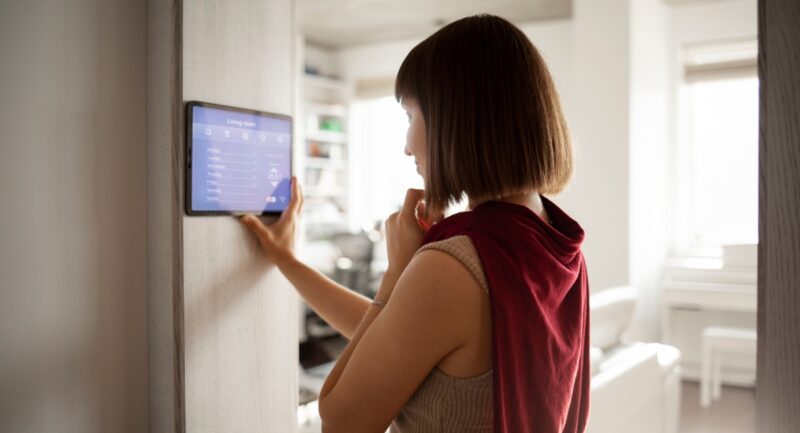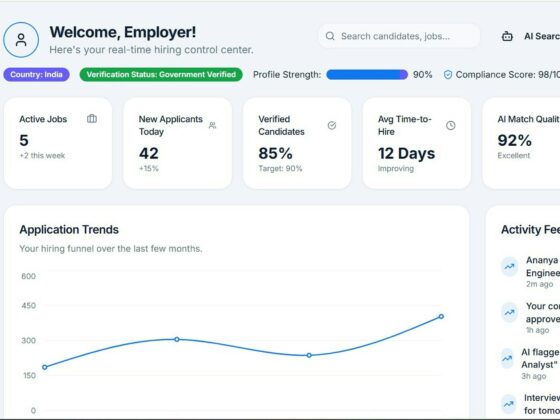
A pivotal shift in guest priorities is forcing hotel IT leaders to the forefront of strategic planning. According to a DIRECTV HOSPITALITY independent research survey, the quality of in-room technology is now a top-four amenity for travelers, outranking tangible comforts like a coffee maker or a dedicated workspace. This finding, combined with the fact that entertainment “must-haves” are now consistent across all hotel segments from economy to luxury, provides a clear mandate for IT executives to reframe technology not as a cost center, but as a core component of the guest experience itself.
The Strategic Imperative of ‘Invisible’ Infrastructure
For years, IT leaders have faced the challenge of justifying significant budgets for “invisible” infrastructure while competing with more tangible, guest-facing upgrades like new bedding or lobby furniture. Survey data now provides a powerful tool to change that conversation. When “Fast, Reliable Wi-Fi” ranks as the #1 guest must-have, the network is no longer a background utility; it is the foundation of the modern guest experience.
Kimberly Twiggs, Vice President of Market Development at DIRECTV HOSPITALITY, argues that the narrative must evolve from cost to long-term investment. “Reframing that old way of thinking and switching the narrative to leverage and monetize technological investments to help drive increased occupancy rates or capture more market share can help hoteliers better realize their ROI,” Twiggs stated.
The reality is that a frustrating digital experience can nullify all other investments in comfort and aesthetics. “No one will remember the beautiful bedding or couch if they can’t make Wi-Fi calls or the Wi-Fi is slow or not working,” Twiggs explained. This reality positions IT infrastructure as a primary driver of guest satisfaction, making its quality and reliability a strategic imperative.
The In-Room TV as a Centralized Digital Ecosystem
As IT leaders look to build on that foundational infrastructure, the in-room television is emerging as a powerful, centralized hub for the entire digital guest journey. Its role is rapidly expanding beyond linear and on-demand content to become an interactive platform for hotel services, guest engagement, and smart-room controls.
Modern entertainment platforms can transform the TV into a tool for operational efficiency and an enhanced guest experience. For instance, Twiggs explains that these systems can:
- Offer Contactless Services: Hoteliers can display property information, from restaurant menus and hours to fitness center details, directly on the screen, reducing the need for printed materials and freeing up front-desk staff.
- Drive Guest Engagement: Integrated apps can offer guests curated suggestions for local attractions and events, sometimes including the ability to purchase tickets via a QR code—a significant value-add for leisure travelers looking to explore their surroundings.
- Enable Deep Personalization: Leading platforms give hoteliers the flexibility to layer their own customized guest experience over the core content and technology, allowing brands to differentiate themselves and make full use of the technology.
Navigating Privacy and Personalization in the New Guest Room
As the television becomes a more interactive and personalized hub, IT leaders must strategically manage the guest experience to ensure it feels helpful, not intrusive, and that data privacy is paramount.
“Guests crave technology that delivers an optimized guest experience,” Twiggs noted, cautioning against implementing “technology just for the sake of having it”. The key lies in choosing technology partners who can customize solutions to work with a hotel’s existing infrastructure and who prioritize security.
A critical feature IT leaders should look for is a robust data privacy framework. For example, to protect guests who log in to their personal streaming accounts, some platforms automatically clear all user credentials on a daily basis. This is a crucial security measure that addresses data privacy concerns head-on while still providing the personalized, at-home experience that 47% of guests aged 21-49 say would make them return to a property.
Ultimately, technology’s role is to enhance, not replace, the human element of hospitality. By automating informational requests and streamlining services through the in-room digital hub, technology can free up staff to focus on more meaningful, high-touch interactions with guests, striking the perfect balance between digital convenience and personal service.








